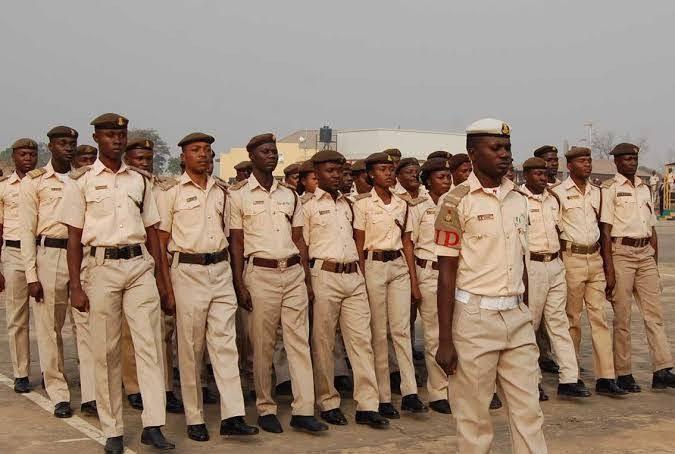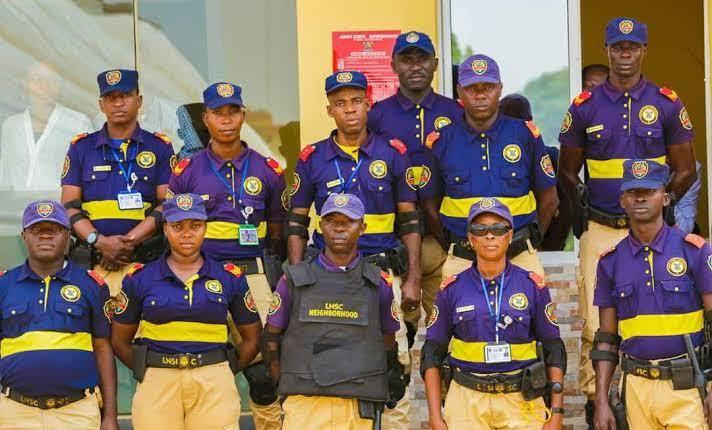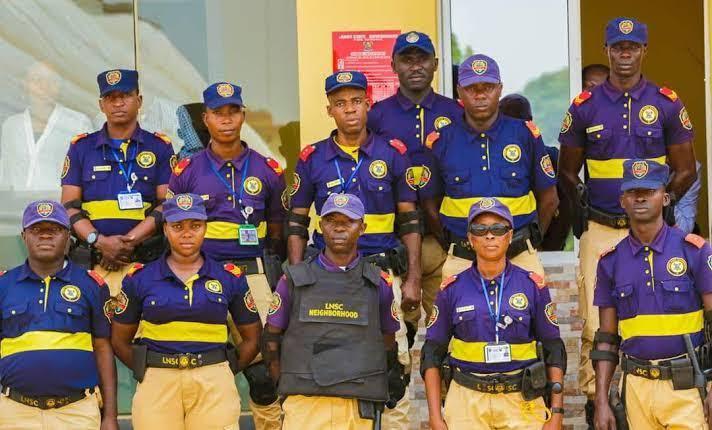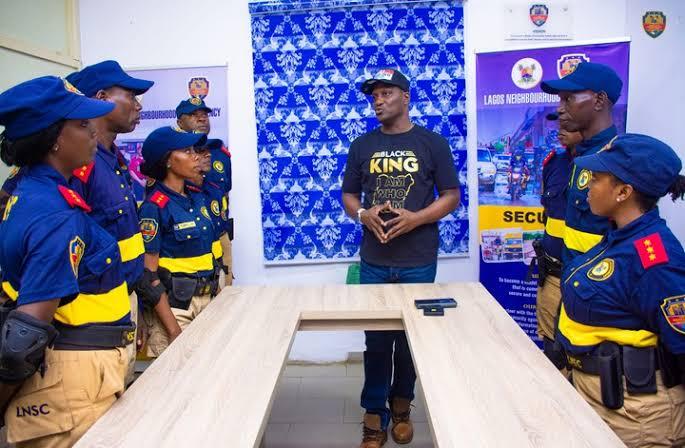Explore Our Bill Payment Services:

- Military And Defence
- Para-Military Guide
- Nigeria
Immigration Service (Nis) Training Allowance & Duration In 2025: Official Guide
If you’re planning to join the Nigeria Immigration Service (NIS) in 2025, you must be ready for training—a crucial part of becoming a full officer. This phase determines your readiness, discipline, and fitness for the job.
In this guide, we’ll walk you through the NIS training duration, locations, and the allowance trainees receive throughout their onboarding period.
Where Does NIS Training Take Place?
Successful candidates go through physical, mental, and academic training at any of the official Immigration Training Schools across Nigeria:
Major NIS Training Institutions:
-
Immigration Training School, Kano (ITSK)
-
Immigration Training School, Ahoada, Rivers State
-
Immigration Training School, Orlu, Imo State (for southern candidates)
The school assigned to you usually depends on your state of origin, cadre, and training batch.
How Long Is Immigration Training in 2025?
Average Duration by Cadre:
| Cadre | Training Duration |
|---|---|
| Superintendent Cadre | 9 – 12 months |
| Inspectorate Cadre | 6 – 9 months |
| Immigration Assistant Cadre | 3 – 6 months |
Training includes physical drills, immigration laws, weapons handling, ICT, ethics, and border control operations.
NIS Training Allowance (2025 Updated Figures)
During training, NIS cadets receive a monthly stipend or allowance to support feeding, transportation, and basic needs.
Expected Training Allowance by Cadre:
| Cadre | Monthly Allowance (₦) |
|---|---|
| Superintendent Cadre (BSc/HND) | ₦55,000 – ₦70,000 |
| Inspectorate Cadre (NCE/ND) | ₦45,000 – ₦55,000 |
| Assistant Cadre (SSCE) | ₦35,000 – ₦45,000 |
This allowance varies slightly based on the training school and batch but is funded directly by the federal government.
What to Expect During NIS Training
-
Physical fitness exercises (daily drills, obstacle courses)
-
Military discipline and routines
-
Classroom lectures on immigration law, passport processing, migration, and national security
-
Computer-based training (CBT)
-
Moral instruction & human rights education
-
Weapon handling and combat basics (for certain cadres)
Trainees are expected to abide by strict rules, avoid misconduct, and participate fully in all scheduled activities.
Frequently Asked Questions (FAQs)
Q1: Will I be paid during training?
Yes, all trainees receive a monthly allowance depending on their cadre.
Q2: Do I need to bring uniforms or are they provided?
NIS provides uniforms, kits, and some training materials. However, trainees should come with personal essentials.
Q3: What happens if I fail training?
Trainees who fail physical or academic standards may be disqualified or asked to repeat the training.
Q4: Can I leave the training camp?
No. All trainees are in full residential camp and must not leave without permission.
Final Thoughts
The NIS training program is not just a formality—it’s a serious preparation for national duty. With a decent monthly allowance, structured academic and physical programs, and a clear career path after completion, you can confidently begin your journey toward becoming a full-fledged immigration officer in Nigeria.
Stay focused. Stay disciplined. And you’ll make it through.









